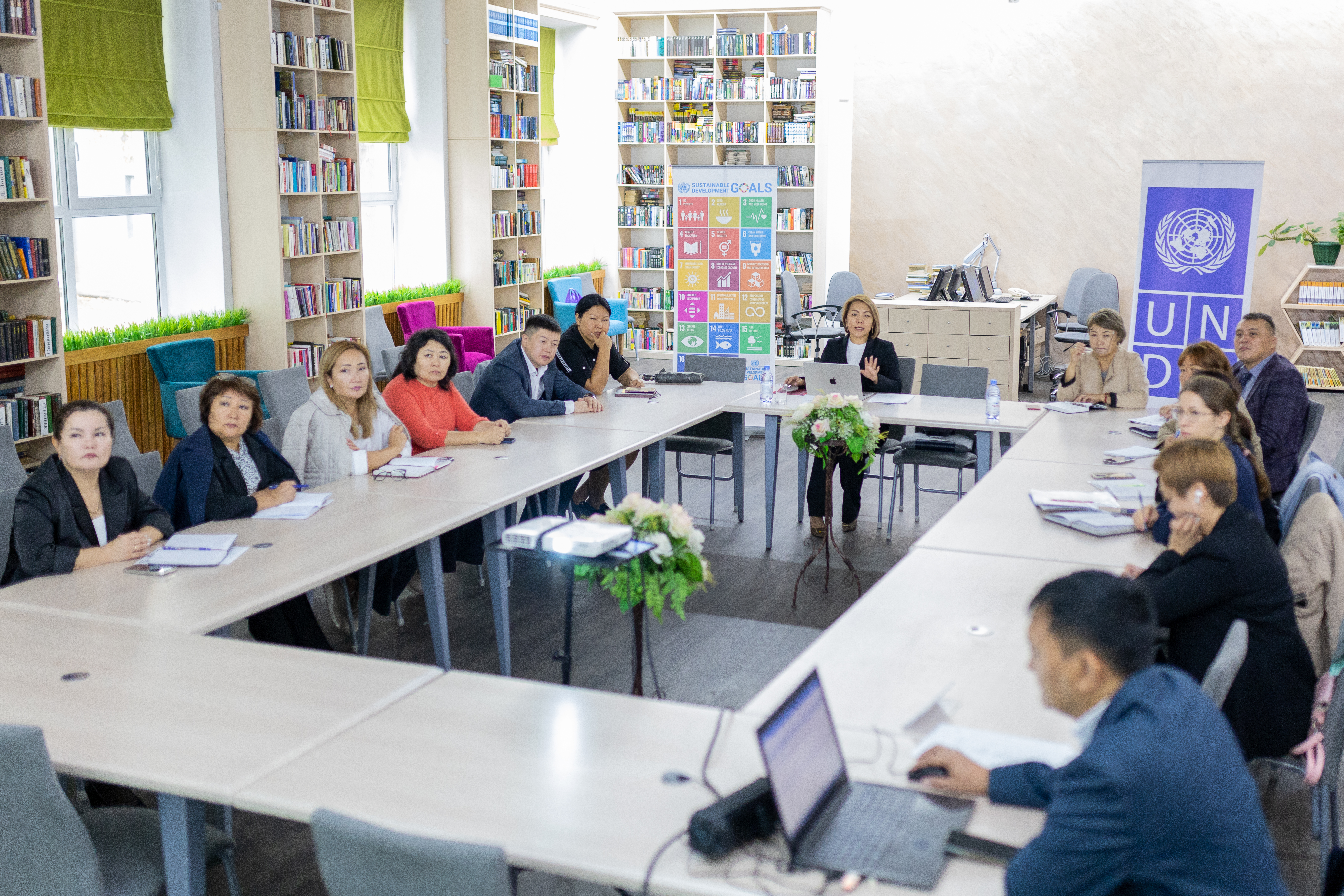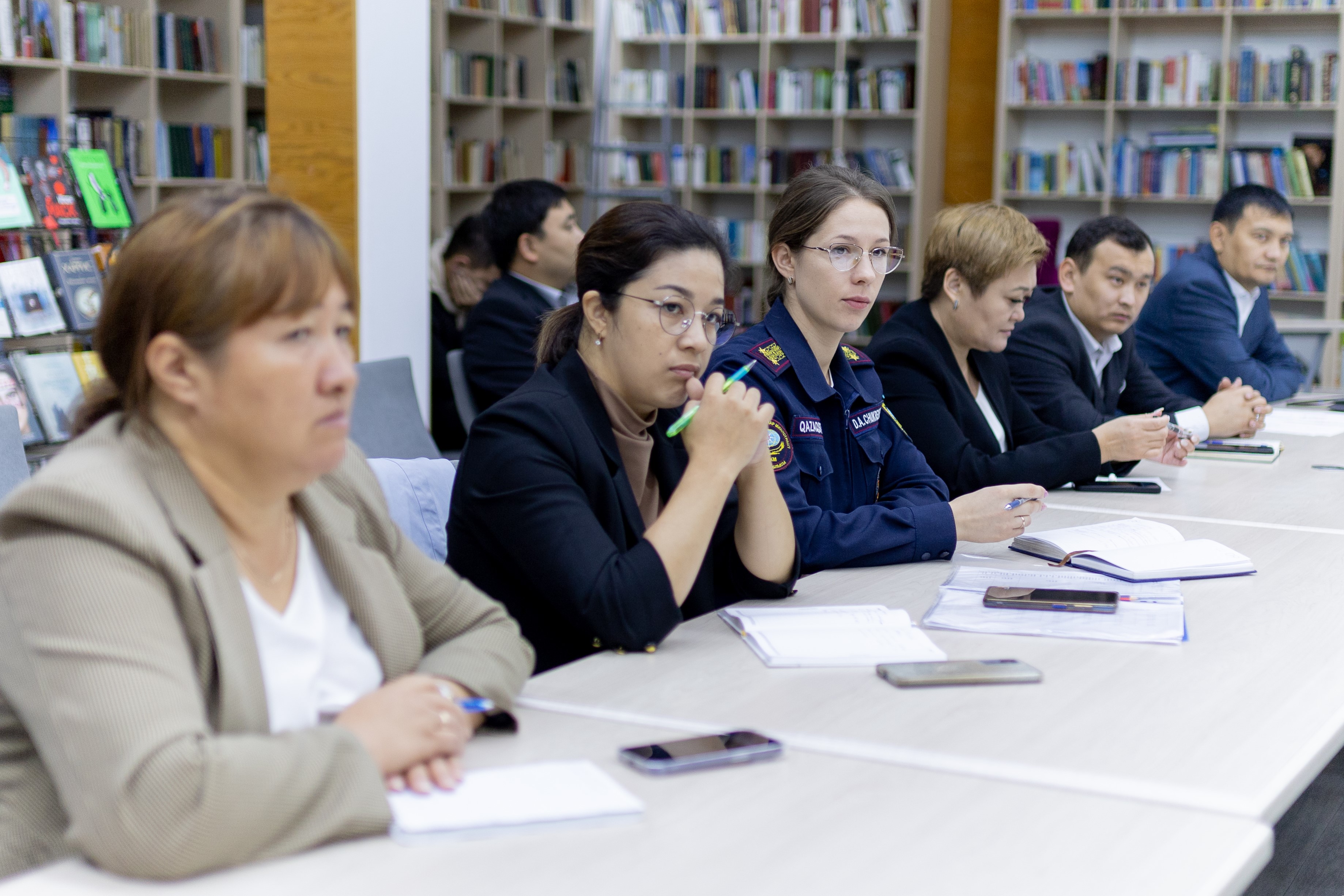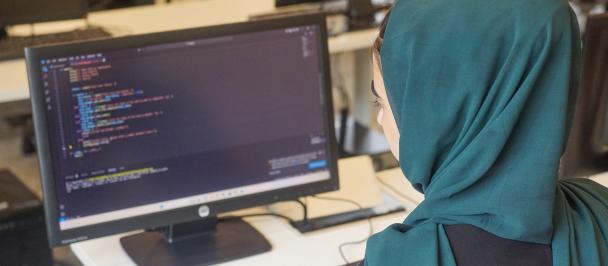Kazakhstan takes a novel regional approach to fulfill the SDG principle of ‘Leaving no one behind’
December 28, 2023

The Government of Kazakhstan has partnered with the UNDP initiative, with European Union (EU) funding, to establish a Regional Sustainable Development Goals (SDGs) Platform for Central Asia. The primary aim is to strengthen regional efforts for achieving the SDGs and to provide expert analyses.
This initiative aims to collaborate with governments and civil society in Kazakhstan, Kyrgyz Republic, Tajikistan, Turkmenistan, and Uzbekistan to achieve the SDGs. The programme is to serve as a tool to monitor progress in attaining and financing the SDGs, thereby enabling countries to adjust their socio-economic policies accordingly.

In Kazakhstan, one of the key outcomes of this initiative is supporting the localization process in the three newly established regions (Abai, Ulytau, and Zhetysu) and the Kyzylorda region. This work is being jointly implemented with the Institute of Economic Research of the Ministry of National Economy.
"Since local executive bodies have a leading role in implementing the 2030 Agenda for Sustainable Development, establishing regional institutional mechanisms for sustainable development is key for upgrading the local authorities' skills around the national SDG indicators. In stage one, interdepartmental working groups under akimats will be created and include representatives of government bodies, NGOs and the civil society sector, local businesses, academia, the media, and other interested parties,"said Aisha Okusheva, Project Expert at the Institute of Economic Research.
Various meetings and seminars took place in the Abai, Kyzylorda, Ulytau, and Zhetysu regions to engage local executive bodies and stakeholders in meaningful discussions about SDG localization. The primary goal was to disseminate knowledge on methodologies, encourage the creation of working groups, and establish region-specific priority indicators.

Public participation – a key element of SDG attainment at the regional level
The 2030 Agenda and its SDGs have a central premise of "leaving no one behind" that views the importance of including citizens’ perspectives and needs in decision-making processes. For example, one initiative, the "People's participation budget," is a key tool in achieving this objective. It was discussed in focus group formats during seminars with representatives of local government bodies, condominium management, and public activists participating in the discussions.
The interchanges highlighted various issues, including public participation in the project, informing the population, and the technical aspects of project proposal submissions. Local government body representatives were satisfied with the pace of project implementation, citing positive changes, e.g., an increase in awareness, higher participation levels, and a greater number of project proposal applications.
As part of the collaborative efforts with UNDP, the Institute of Economic Research thoroughly investigates the barriers and prospects encountered by the youth in Abai, Kyzylorda, Ulytau, and Zhetysu regions, such as access to employment, education, decision-making processes, etc. Diverse participants, including representatives of local akimats, budgetary organizations, members of the youth resource center, and students, engaged in a group discussion alongside regional youth representatives.

A determination not to leave anyone behind
The joint actions between the Government of Kazakhstan and UNDP underscore their commitment to leaving no individual or community behind in pursuing the SDGs. This partnership also promotes the cultivation of inclusive and well-informed decision-making processes at the regional level.
Ms. Okusheva noted that the Institute planned to continue further work on localizing the SDGs into regional strategic and programme documents. Joint work will be proposed to study the methodology for calculating individual indicators at the local level. The Institute of Economic Research also organizes fieldwork trips to district centers and remote rural settlements to inform and involve citizens on the SDGs.
This publication was funded by the European Union. Its contents are the sole responsibility of UNDP and do not necessarily reflect the views of the European Union.

 Locations
Locations



